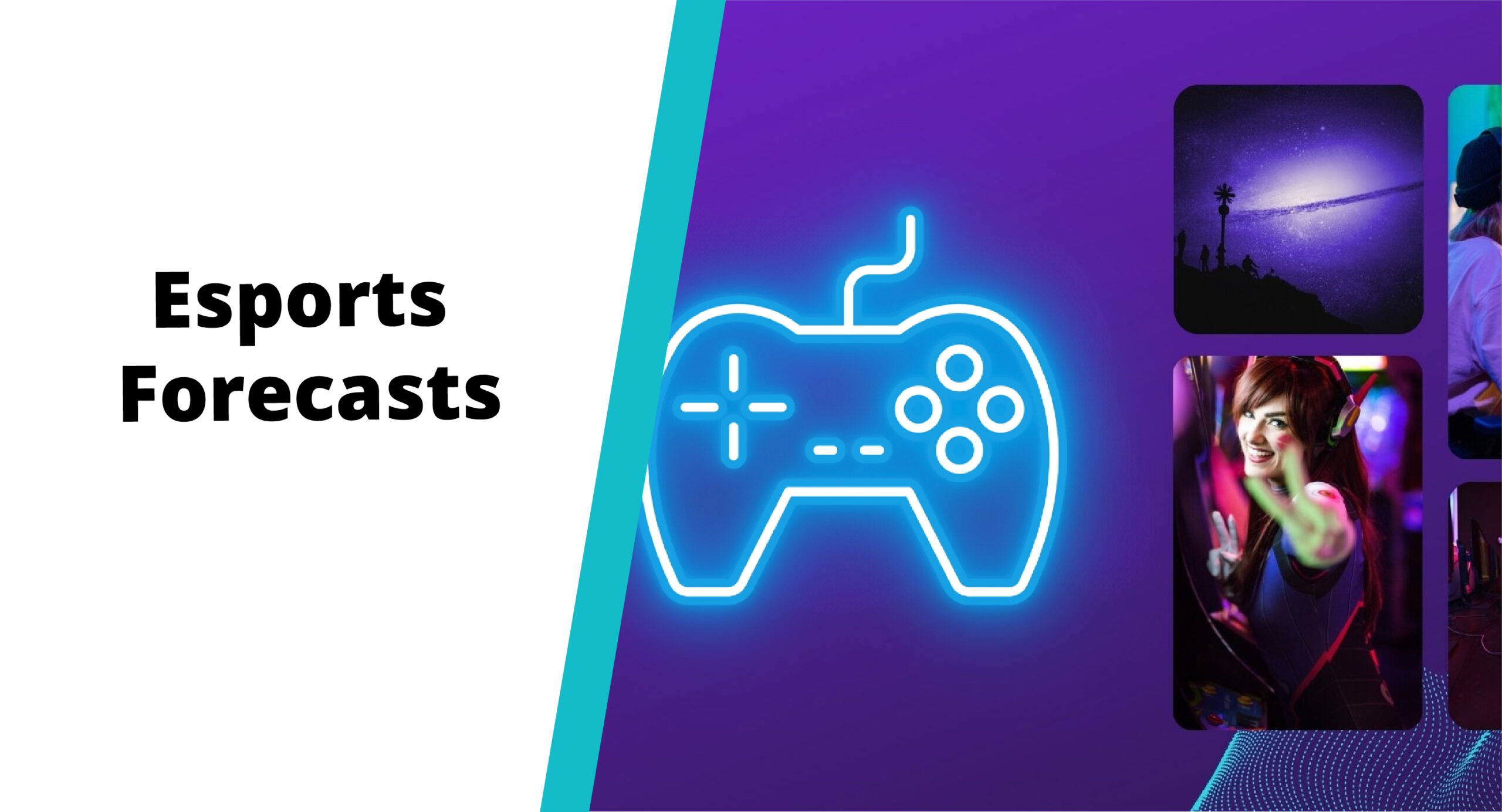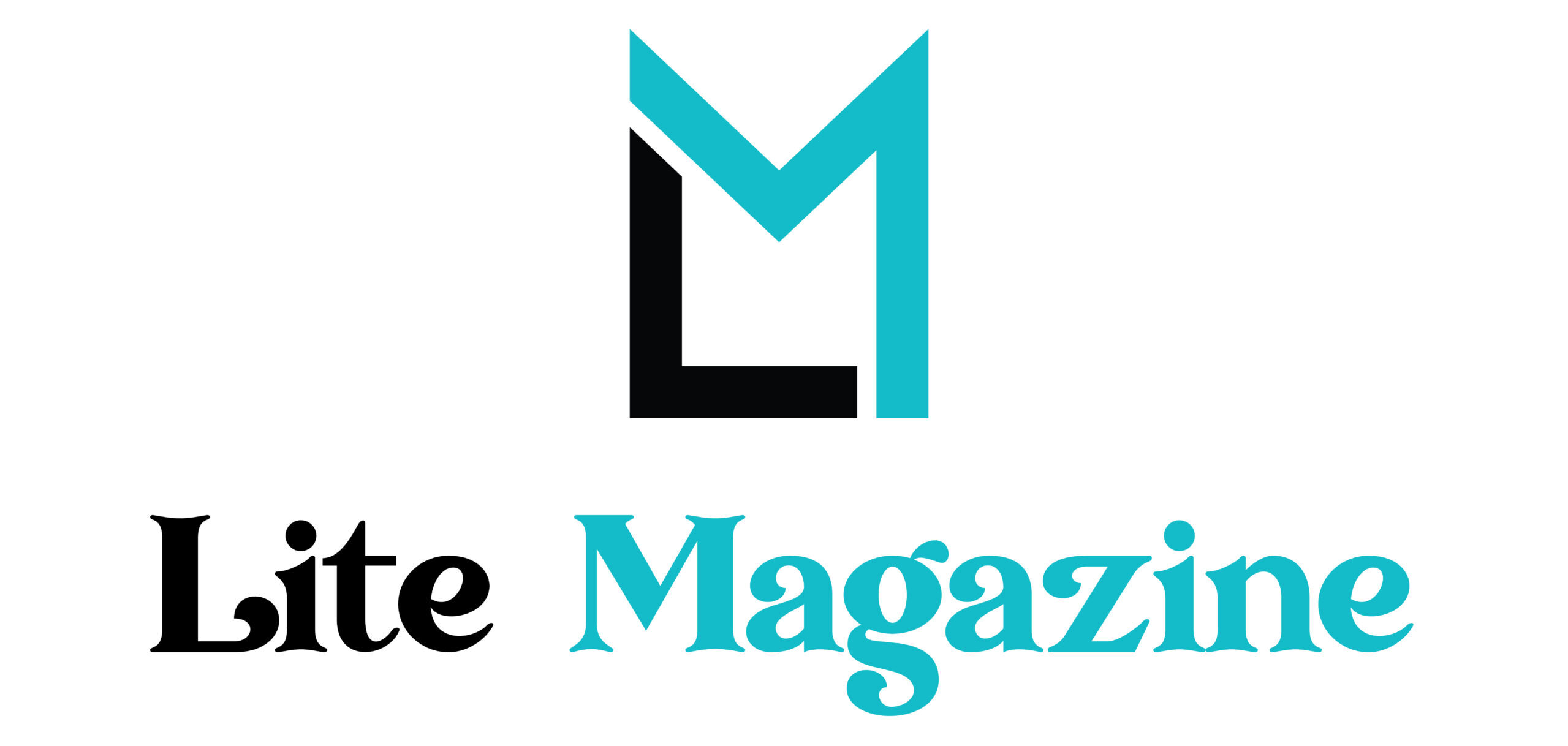Understanding Esports Predictions
Competitive gaming has become a realm of entertainment, technology, and world business. Esports predictions give us a glimpse into where this booming industry is heading in the years to come. What started as small tournaments in local gaming communities has gone big, big with professional teams, corporate sponsorships, and millions of hardcore fans. As technology evolves, it is predicted through an esports forecast that the entire ecosystem will branch out from gaming to media, education, and digital culture.
The Growth of the Global Esports Market
Everything about predictions, one strong trend can be market expansion. Analysts estimate the esports revenue worldwide to surpass several billion by 2025, noting sponsorships, streaming rights, and merchandise among its sources. With The International, the League of Legends World Championship, and the Valorant Champions Tour breaking record viewership numbers—towards a few, more than that of a traditional sports event—worldwide esports stands tall. Esports organizations themselves go into brand partnerships, lifestyle products, and gaming academies to keep their business models sustainable. With every passing day, as 5G and high-speed internet reach several more areas, the participation will become even more international, meaning the companies will now have a brand new player base, along with an audience in quite a few parts of the world.
The coming together of AI technology and esports.
In esports, forecasting is increasingly enthroned in the seat of artificial intelligence. In AI practices, players are analyzed for performance skills, strategies are fine-tuned for teams, and the training is presented on a highly personal level. Predictive analytics simulate match outcomes based on player statistics to help teams prepare for different opponents. The very experience of the tournaments is being transformed by AI-related broadcasting tools—offerings such as real-time insights, automated highlights, and interactive engagement. With time, AI might either engender new esports genres or improve existing games by employing adaptive difficulty and player interaction.
Mobile Esports Ascending
This mobile gaming-dominant growth-for-the-esports prediction is one of the most thrilling. Titles like PUBG Mobile, Free Fire, and Mobile Legends have turned smartphones into powerful competitive arenas. In countries like Southeast Asia, Latin America, and India, mobile esports have, for some time, been more popular than PC-based tournaments. Mobile gaming’s accessibility means that anyone with even the simplest smartphone can join the competition, thereby serving as a very broad entry point for new fans and players. By 2025, mobile esports could share equal views and prize money with their traditional console and PC counterparts.
Esports in the Field of Education and Career Development
Having gone mainstream, esports is finding its way into academics and proficiencies. Universities in North America, Europe, and Asia have begun offering scholarships as well as courses relating to gaming, game design, and esports management. According to the predictions of esports colleagues, more member institutions will start to view competitive gaming as a legitimate discipline and integrate it into their curricula. They are being taught marketing, event production, data analytics, and content creation, all of which are very important for the esports ecosystem, pretty much being fair with other layers of skills besides playing the game professionally. This further adds to the professionalization of the ecosystem along with the formation of next-generation skills.
Keep Learning: Valerie Guiliani: Everything to Know About T.J. McConnell’s Wife
Growth of Virtual Reality and Metaverse Gaming.
Another important theme in the world of esports forecasts is the intersection between esports and virtual reality. VR and AR technologies will bring forth new varieties of competitive gaming. So, players will be competing in immersive digital arenas while fans watch a 3D match in an environment seemingly part of the game. This will shatter the barrier in merging esports with metaverse platforms, where a digital avatar, NFT-based items, and blockchain economy can create a stronger level of interactivity and reward structures. These are ingenious combinations that will rethink competitiveness, spectating, and socializing within the world of esports.
The Role of Data and Predictive Analytics
Data analytics is one of the promising directions as an area that shapes esports predictions. Zephyr Digital, along with a few other platforms, provides strategic insights for teams, brands, and investors by turning data into useful information. Zephyr uses advanced AI models, crowd-sourced wall-of-fame data, video mining, and sentiment mining to provide intel relating to gameplay issues and market behavior to better help stakeholders in making strategic decisions. With performance metrics, audience measurement, and trend analysis, Zephyr supports organizations in finding talent early, predicting outcomes, and engaging with their targeted audience. This partnership between analytics and esports marks a beginning for a new era: one where decisions are made with precision rather than gut instinct.
Sponsorships, Media Rights, and Globalization
Corporate involvement continues to be one of the factors that will create a great backdrop for the further evolution of esports for the next few years. Big brands, such as Coca-Cola, Intel, and Red Bull, are investing heavily in tournaments and teams as they consider esports to be a great receptacle for selling to youths. In furtherance of this, media rights deals continue to grow bigger, with streaming platforms such as Twitch, YouTube, and Kick airing the shows on an exclusive basis. With the globalization of esports, tournaments are no longer considered local affairs, with teams from South Korea, Europe, and North America competing alongside growing contenders from Africa, South America, and the Middle East. This intercontinental weaving will ensure that the esports business will remain one of the most welcoming and culturally diverse entertainment industries.
The Future of Esports Betting and Fan Engagement
The growing maturity of the industry brings new opportunities for fan engagement, including esports betting and fantasy leagues. With advanced blockchain technologies and smart contracts, there will be assurances in fairness and transparency when placing wagers on competitive gaming. Esports forecasters predict that such platforms might extend into gamified fan experiences where spectators participate in predictions, NFT collectibles, and community-driven tournaments. The distinction between viewer and participant will fade away, thus giving fans a more interactive place in constituting the esports culture.
Challenges Ahead for Esports
Being a very rapidly growing field, the industry faces a lot of hurdles. Player burnouts, fair competition to maintain, and inclusiveness are still arenas to be tackled. Somewhere around contract regulations, betting regulations, and data privacy, governance systems must evolve to provide for long-term stability. Nevertheless, with the improvements in technology and governance, these issues will be less pressing, permitting the industry to sustain growth.
Final Thoughts
An era for competitive gaming was entering its zenith, and the esports forecast will only be viable for maintaining the strongest, smartest, and most connected industry. Esports futures will mingle entertainment, technology, and community in unprecedented ways with developments in AI, VR, data analysis, etc. Predictive intelligence powering strategy, engagement, and growth is one evolution being shaped by the likes of Zephyr Digital. The ongoing evolution of esports into an international phenomenon will set a precedent not only to play but also to learn, communicate, and connect in this digital age.











